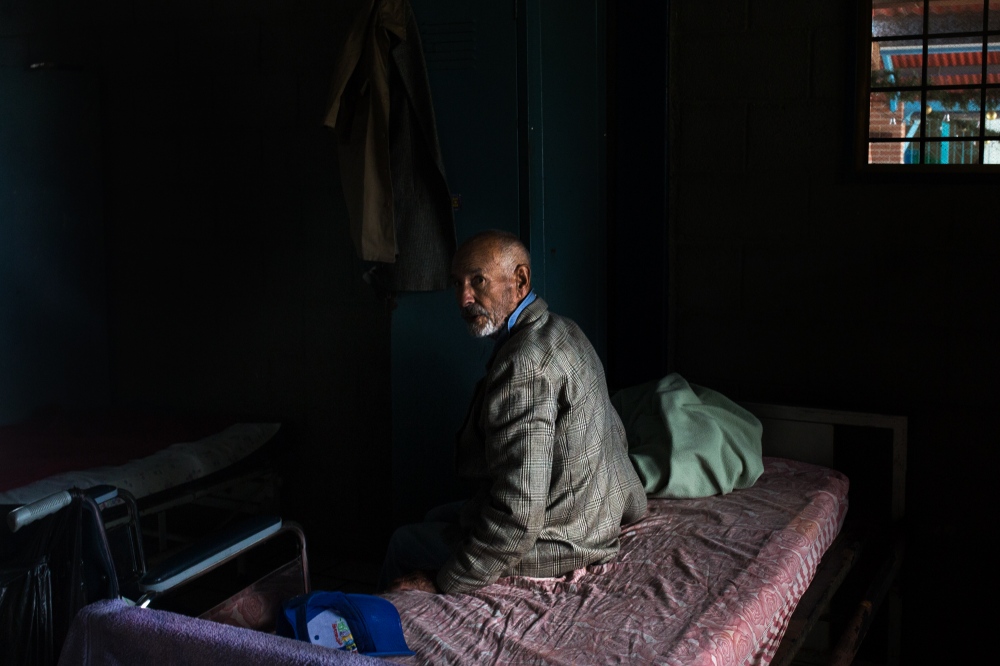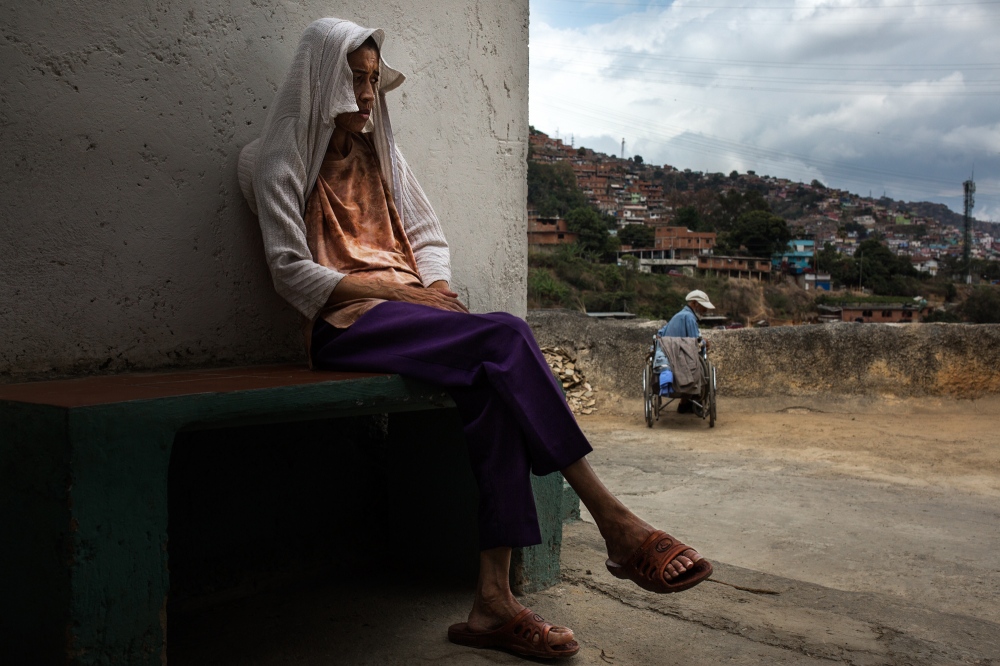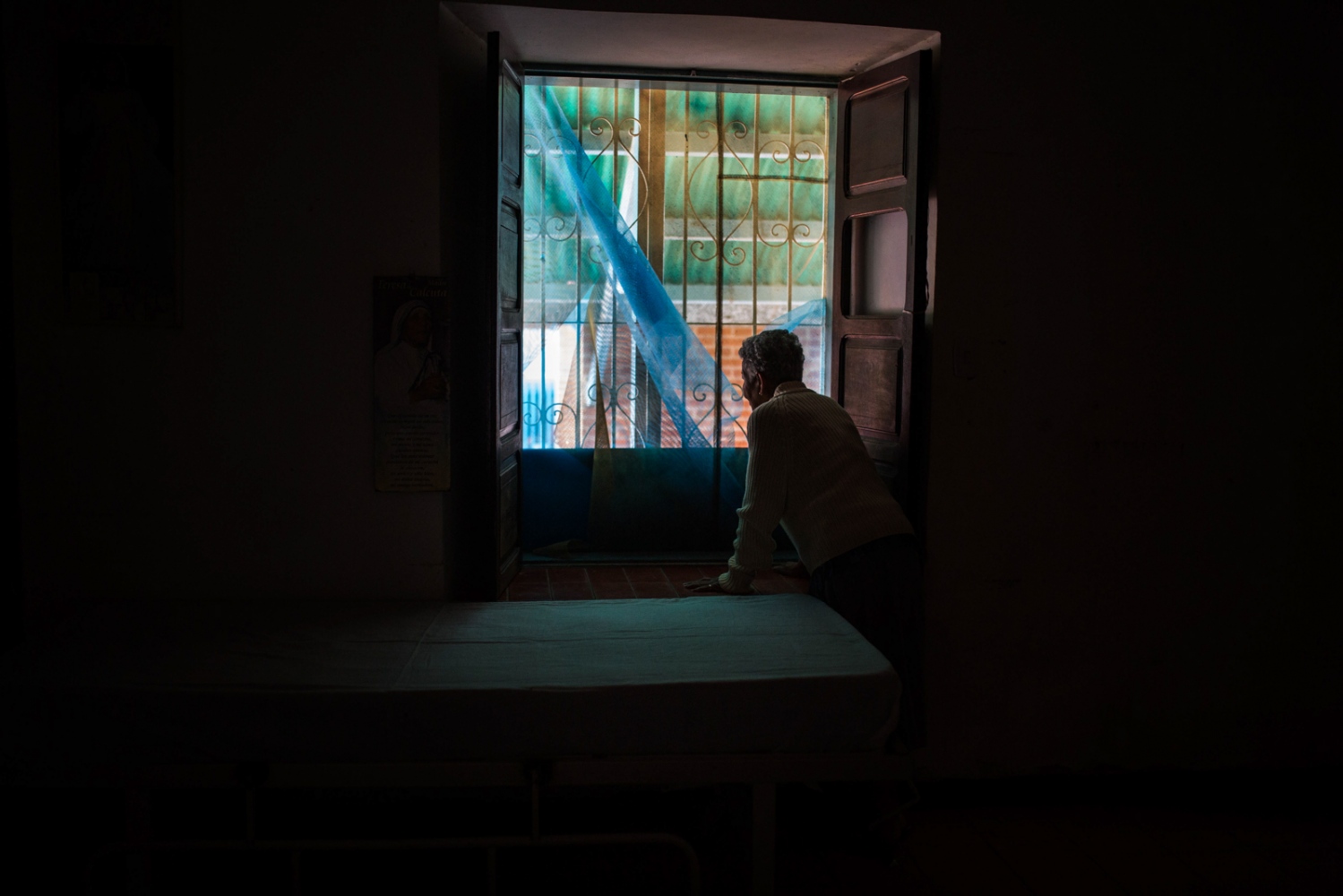How faith and brotherhood are the only hope for elderly people facing the twilight of their life in Venezuela.
Venezuelan seniors become poorer and more vulnerable as the country's instability grows through time. The exodus of young people looking for a better quality of life is transforming Venezuela's population in an elderly majority. According the Venezuelan Institute for Social Security and the law, a person could be considered part of the elderly population after 55, in the case of women, and 60 in the case of men.
In our society, especially in my country, easily forget and abandon elders. I feel angry and frustrated when I hear politicians referring to seniors as "our grandpas," tagging them with a populist name when they don't have any respect for how they are living, nor are working on effective programs to help them fell less vulnerable and isolated. Witnessing this over the years, I've decided to tell a story through photography showing a sense of the suffering and lack of compassion they are experiencing every day.
This ongoing piece documents the life inside the nursing home Madre Teresa. It is an old and refurbished-country house located in the mountains of Mamera, in West Caracas. The place was donated by an old farmer to a Catholic organization to accommodate around 164 guests, but it now hosts just 83 residents: 22 women and 61 men. Scarce food, adult pampers, surgical gloves, canes, wheelchairs, crutches, clothes, cleaning products, and light bulbs, among others, comprise the main needs of the house. Doctors and nurses are part of the exodus and there are few professionals to treat them. Besides, medicine to control chronicle diseases such hypertension, cardiovascular disease, diabetes, epilepsy, asthma, Alzheimer's disease among others are also scarce. The center survives thanks to donations from private companies, restaurants and NGO's. However, they are not enough to cover all the necessities. The residents who are physically able to be volunteers are in charge of the maintenance, kitchen, security, and management. As they help each other and look for refugee in faith, there are those whose pain lies in remembering what has been taken from them, yearning for the happier days or just wait for better ones.





























